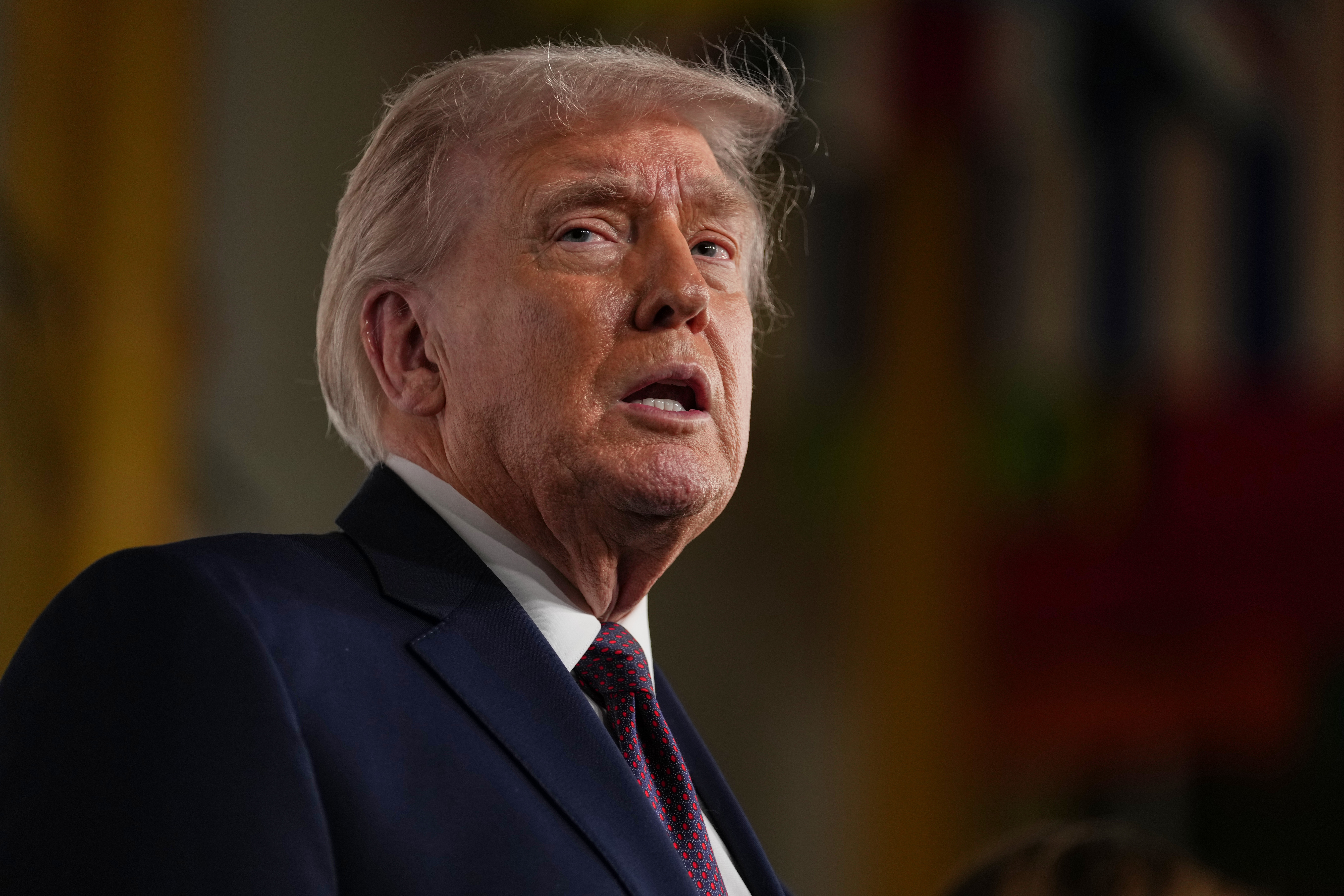President Joe Biden touted support for union workers while promising American ownership of U.S. Steel and potential higher tariffs on Chinese steel and aluminum, during an economy-focused blitz through the battleground state of Pennsylvania.
President Biden, who calls himself the most pro-union president in American history, reaffirmed support for domestic ownership of U.S. Steel as it faces potential acquisition by Nippon Steel. He made remarks Wednesday at the Pittsburgh headquarters of United Steelworkers, a group that has endorsed him.
“American-owned, American-operated by American Union steelworkers, the best in the world. And it's, that's going to happen, I promise you,” President Biden said of the deal under review.
While the administration seeks to protect workers and industry, President Biden also called for the tripling of tariffs on Chinese steel and aluminum imports pending the findings of the United States Trade Representative’s Section 301 review. He directed work with Mexico to prevent tariff evasion and announced the United States Trade Representative will investigate China’s trade practices in shipbuilding, following a petition from labor groups including the USW.
“Chinese steel companies produce a lot more steel than China needs and end up dumping extra steel on the global markets at unfairly low prices. And the prices are unfairly low because China's steel companies don't need to worry about making a profit because the Chinese government has subsidized them so heavily. They're not competing, they're cheating. And we've seen the damage here in America,” President Biden said.

Biden's 2025 budget plan details vision for potential second term
Corporate taxes would jump, while billionaires would be charged a minimum tax of 25%.
The actions come as President Biden has sought to stabilize relations with China. The president said he was not concerned new tariffs would hurt his relationship with PRC president Xi Jinping.
Navigating policy and politics, President Biden underscored the steps to compete with China as he highlighted his broader economic agenda aimed at boosting American manufacturing and jobs, while drawing a deeper contrast to former President Donald Trump.
“Taken together, these are strategic and targeted actions that are going to protect American workers and ensure fair competition. Meanwhile, my predecessor and the MAGA Republicans want across-the-board tariffs on all imports from all countries that could badly hurt American consumers,” President Biden said.
The stop in Pittsburgh marks a continuation of President Biden’s three-stop swing through Pennsylvania, a state where the campaign has touted early investment and attention while former President Donald Trump spent time in a New York courtroom the same week in a case centered on alleged hush money payments. The Biden-Harris Campaign also rolled out a six figure ad blitz framing President Biden as pro-labor.
“Since taking office, Joe Biden has caved to China and left American workers behind. Now, after four years of failure, he’s following President Trump’s lead on tariffs. Americans deserve leadership, not lip service — and it’s clear that we need President Trump back in office to deliver stronger trade deals that put America First,” said Republican National Committee Chairman Michael Whatley.
But President Biden, touting a higher GDP and lower trade deficit with China, said Trump “simply doesn’t get it."
President Biden made clear he was seeking fair competition, not conflict, with China.
“There are many points in which the U.S. and China have friction in the commercial space, whether it's around overcapacity, or around the high tech transfer of knowledge that might end up supporting China's military or data security," said Scott Kennedy, senior adviser and trustee chair in Chinese business and economics at the Center for Strategic and International Studies. "These are all being evaluated. I think that the U.S. needs to pursue a balanced approach. There is not a one-size-fits-all to all of these. And there is value to the U.S. from having a commercial relationship with China. But it would be better if it was a much fairer relationship. And I think that's what the Biden administration is trying to achieve here."
While the Biden administration has worked to share a positive economic message, President Biden has also faced concerns regarding inflation. A senior administration official maintained the actions would not increase inflation and were not about elections, noting that imports of steel from China make up about 0.6% of U.S. steel demand.
“I think the overall effect will be relatively small. U.S. imports of steel and aluminum from China have dropped in the wake of the tariffs that were put in place during the Trump administration," Kennedy said. "And they don't account for a large share of overall U.S. imports. And so I do think there are probably going to be some importers that do use these products, who are going to complain, and they will point to the likelihood of higher prices in these areas, and perhaps access to certain types of steel and aluminum, which have been important for them. But I think from a macroeconomic perspective, the effect is going to be almost negligible from the perspective of folks like you and me."
President Biden is next expected in Philadelphia.

Biden welcomes Japan's prime minister in show of unity to China
President Biden will also host Philippines President Ferdinand Marcos at a crucial time in U.S.-China relations.










